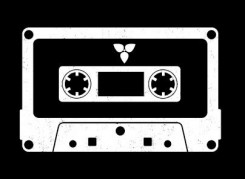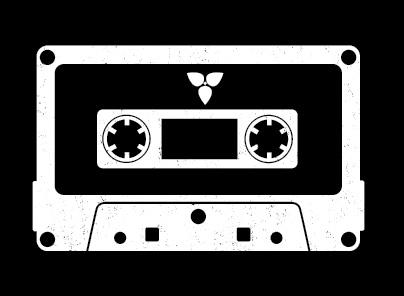Halfway through my phone interview with Shelley Robinson, she excitedly announced, “It’s just trying to get the word out about amazing music.” The “it” she is referring to is the Ontario Independent Music Archive (OIMA), an online database that was launched in January. The goal of oima is to catalogue both new and old music by Ontario musicians that may not have received any online exposure.
 Robinson is the Executive Director of the National Campus and Community Radio Association (NCRA), a not-for-profit which has more than 80 member affiliates (including UTSC’s Scarborough Fusion Radio) and has been in operation since 1986. The idea for oima came from Jonathan Martel, a student working at the campus radio station at the University of Western Ontario. Martel, along with station master Mario Circelli, started a London Music Archive and believed that the project could be implemented across Ontario.
Robinson is the Executive Director of the National Campus and Community Radio Association (NCRA), a not-for-profit which has more than 80 member affiliates (including UTSC’s Scarborough Fusion Radio) and has been in operation since 1986. The idea for oima came from Jonathan Martel, a student working at the campus radio station at the University of Western Ontario. Martel, along with station master Mario Circelli, started a London Music Archive and believed that the project could be implemented across Ontario.
The ncra applied to Trillium for a grant and received $224,500 over two years, which Robinson wryly notes “sounds like a lot, but when you’re doing a project of this size…” She laughs instead of finishing the sentence, but it is clear that the people working on oima have their work cut out for them.
OIMA is unique in that it is broadening the audience of mostly unknown bands. According to Robinson, the strength of oima is that it allows the user to search regionally and by genre, as opposed to popular platforms like Bandcamp, which depend on a user knowing which artists they are searching for or, in rare cases getting “seriously lucky.”
Beyond acting as a platform for artists who are currently active, oima also aims to catalogue music from older bands — “those local bands who only released … seven inches on vinyl on limited release or cassettes back in the day,” as Robinson puts it.
“That stuff doesn’t exist anywhere for anyone so new audiences can’t get it,” she continues. “A lot of our member stations have that stuff in their library because they’re naturally repositories where over the years musicians have been dropping their stuff because they want to get their stuff played on the radio.” In other words, OIMA wants to connect you with that “one band you saw that one time at the Horseshoe Tavern who had that great song but stopped performing.”
The response from local artists has been almost entirely positive. When the site went live, OIMA already had 2,500 songs in its database. The database will continue to grow as the public — which includes curators and artists — submit songs.
OIMA is conscientious of possible copyright issues and has a number of measures in place to try to prevent music being posted against the artists’ wishes. Robinson asserts that “[oima is] not trying to step on anyone’s ability to make money from music. We’re just trying to create a wider audience for the music.”
Hopefully, OIMA will do exactly what it has set out to: connect great artists with people passionate about music, and develop into a digital reflection of its users.


